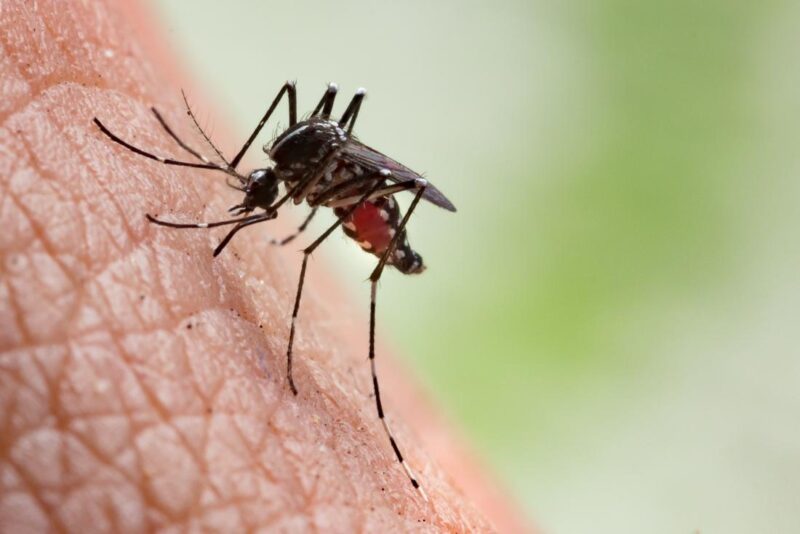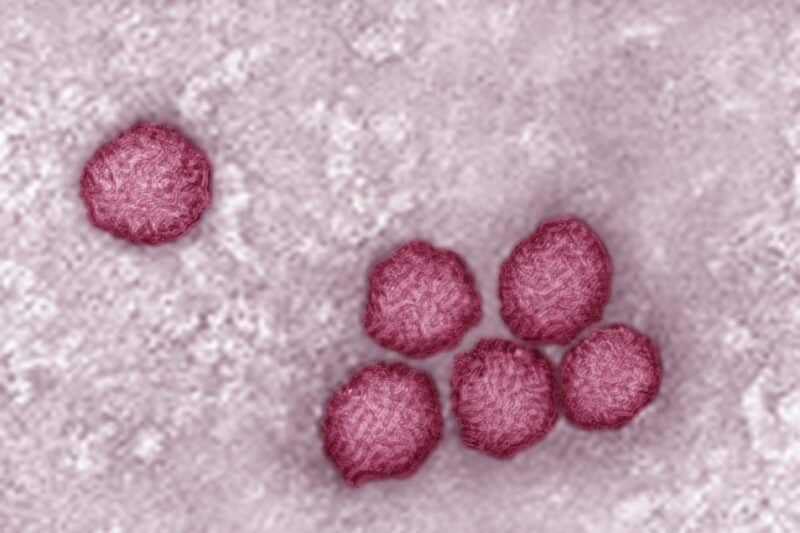Japanese encephalitis is a rare infection. It is a serious disease that affects the brain. You can get it from a bite of a mosquito that carries the Japanese encephalitis virus. Traditional hot spots for this virus are Papua New Guinea and Eastern Indonesia. This virus is endemic in the Torres Strait. But in the early months of 2022, Japanese encephalitis was detected in different Australian jurisdictions and Victoria.

Japanese Encephalitis in Victoria
For the first time, Japanese encephalitis was detected in Victoria. The virus was present in mosquitoes, pigs, and humans. Because of this, an extensive response was set across animal and human health sectors right after the first cases were detected. It is still happening to this day.
Human cases of this virus have been reported in South Australia, Victoria, and New South Wales. South Australia now has cases of Japanese Encephalitis for the first time. It was in Clare, which is two hours north of Adelaide. Sentinel chickens had it and these chickens were raised to test the transmission of mosquito-borne viruses.

People at Risk
An individual is at risk of getting bitten by infected mosquitoes. Most female mosquitoes will only cause mild irritation and swelling. But if an infected female mosquito bites you, you will get the virus in your system.
Your risk of getting this virus is high if you like spending time outdoors, working, or living in northern Victoria. The riverine inland areas up to the Murray River are high-risk areas as well. You are also at risk if you work or live in areas with pigs.

The Symptoms
Japanese encephalitis symptoms have an incubation period of five to 15 days. This starts the moment an infected mosquito bites you. Most people do not exhibit symptoms. Others may only have mild symptoms. A tiny percentage of people develop an intense brain infection. Below are the symptoms of this virus:
- Vomiting
- Fever
- Headache

Severe symptoms are:
- Intense headache
- Paralysis
- Back or neck stiffness
- Seizures
- Light sensitivity
- Confusion
- Coma
This virus may cause permanent disability or even death. Seek immediate medical attention if these symptoms occur.
Prevention and Treatment
You can prevent bites from infected female mosquitoes by doing the following:
- Rub repellent on your baby’s clothes and never on the skin.
- Always cover up with loose-fitting, long, and light-colored clothes.
- See to it that your vacation accommodations have nets or screens.
- Dump stagnant water from your living area.
- Limit outdoor activities at dawn and dusk.
- Use DEET or picaridin-based repellents.
- Use mosquito coils.
- Treat your mosquito nets and screens with insecticides.
Vaccination
A vaccine is already available. Australia has limited access to this vaccine. But priority groups must contact their primary doctors, community pharmacy, or local public health unit. More vaccines are said to arrive in the early part of this year.
Treatment for Japanese Encephalitis
There is still no targeted treatment for Japanese encephalitis. You can reduce the severity of symptoms through hospitalization and medications.
Japanese encephalitis may be a rare viral infection, but it can cause serious symptoms. Prevention is the only way to keep you and your family safe from this life-threatening infection. Make your area safe from mosquitoes. Get the vaccine when you can. This can protect your body from developing severe symptoms if you do get the infection.
